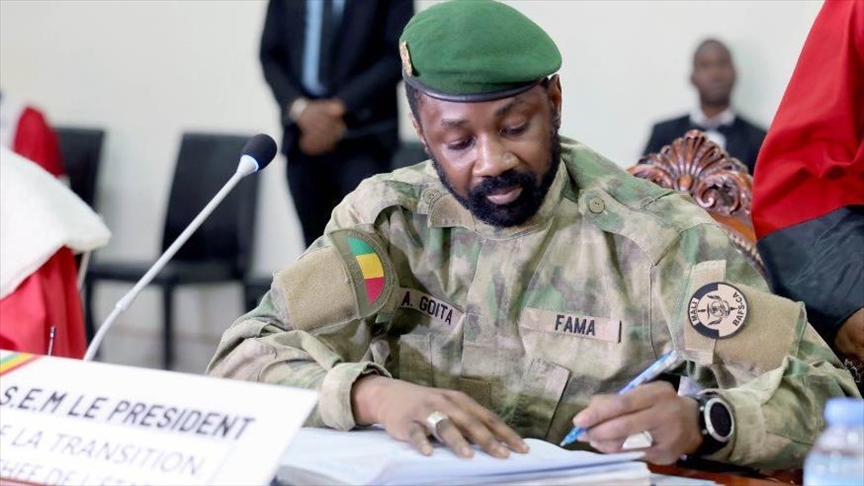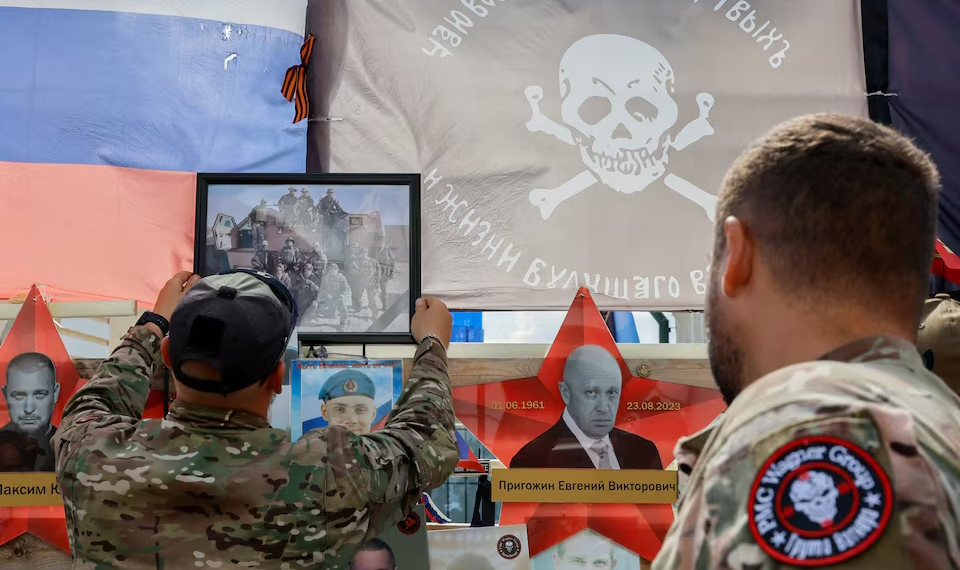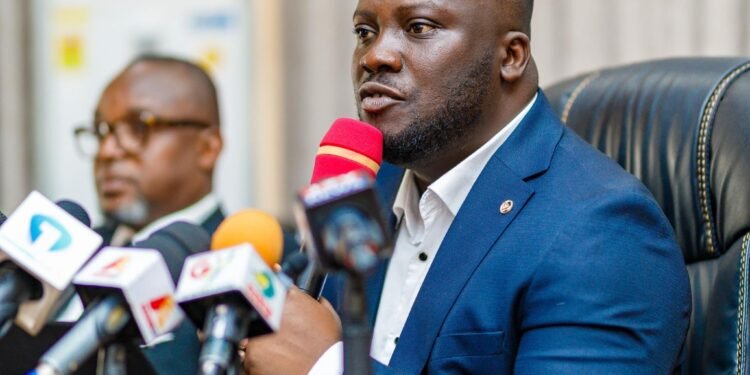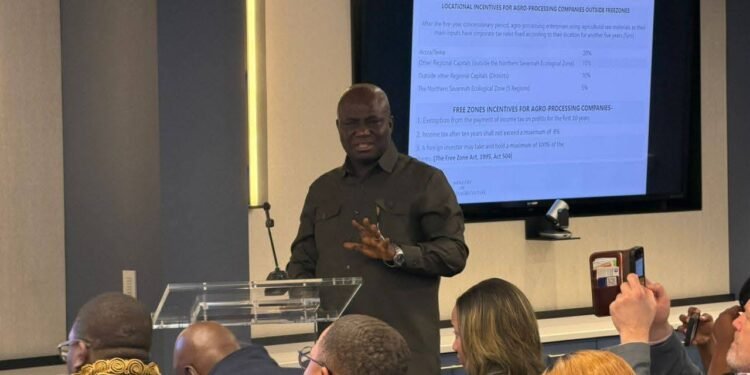Russian private mercenary operations in Mali have sparked growing resentment inside the country’s army and military government, while also failing to deliver the mining concessions they sought, according to a new investigative report.
The Wagner group first arrived in Mali after the military seized power through two coups in 2020 and 2021 and subsequently expelled French and United Nations forces that had battled Islamist insurgents in the country for a decade. Wagner formally announced its withdrawal in June, but the Kremlin-backed Africa Corps quickly filled the gap. Around 70 to 80 percent of its personnel are ex-Wagner fighters, according to Telegram channels frequented by Russian mercenaries.
Human rights organizations, including New York-based Human Rights Watch, have long accused Wagner of atrocities against civilians while fighting alongside Mali’s army. But the new report, published on Wednesday by the investigative research group The Sentry, suggests the mercenary presence has also undermined Mali’s own military and government.
The report, drawing on interviews with Malian military, intelligence, and government officials, concluded that Wagner operatives routinely acted outside official structures. Malian soldiers described how the fighters would “often operate outside the chain of command,” seizing equipment, launching missions, and conducting security operations without clearance or coordination.

Mercenaries Undermine Mali’s Military Command Structure
These unauthorized missions often resulted in the loss of equipment, vehicles, or even personnel. In some cases, they left Malian troops unable to respond to insurgent attacks because Wagner units had taken critical supplies.
The Sentry’s findings also revealed widespread frustration among soldiers who see the Russians receiving “preferential treatment.” While Malian troops suffer from scarce fuel and limited resources, Russian mercenaries have been provided medical evacuations and logistical support unavailable to local forces.
Neither Wagner nor Russia’s Defence Ministry responded to requests for comment on the allegations.
Tensions within Mali’s armed forces appear to be deepening. Earlier this month, authorities arrested more than 30 soldiers and officers accused of plotting to destabilize the military-led government. Investigators from The Sentry linked the arrests to internal grievances, including concerns that “Russians” continued to hold commanding authority inside Malian bases.
U.S. officials believe Defence Minister Sadio Camara secured Wagner’s initial deployment deal, leading the U.S. Treasury Department to sanction him in 2023. However, the report notes that President Assimi Goita personally blocked Wagner from securing mining licenses or concessions as payment for their services.
Military Setbacks Weaken Wagner’s Fearsome Reputation
The Sentry concluded that Wagner and its successor Africa Corps, have failed to establish sustainable business operations in Mali. Instead, their presence has strained relations with the country’s military, amplified internal divisions, and eroded the once-intimidating image of Russian mercenaries.
The report summed up the current situation bluntly: “No viable business has been set up; relations with the military have only worsened with time; and Wagner’s fearsome reputation has been undercut by a series of military setbacks.”
For Mali, the partnership that was supposed to strengthen the army against insurgents has instead deepened mistrust within its ranks, raising new concerns about the country’s security and political stability.
READ ALSO: NPP Warns Military To Stay Out Of Akwatia By-Election























